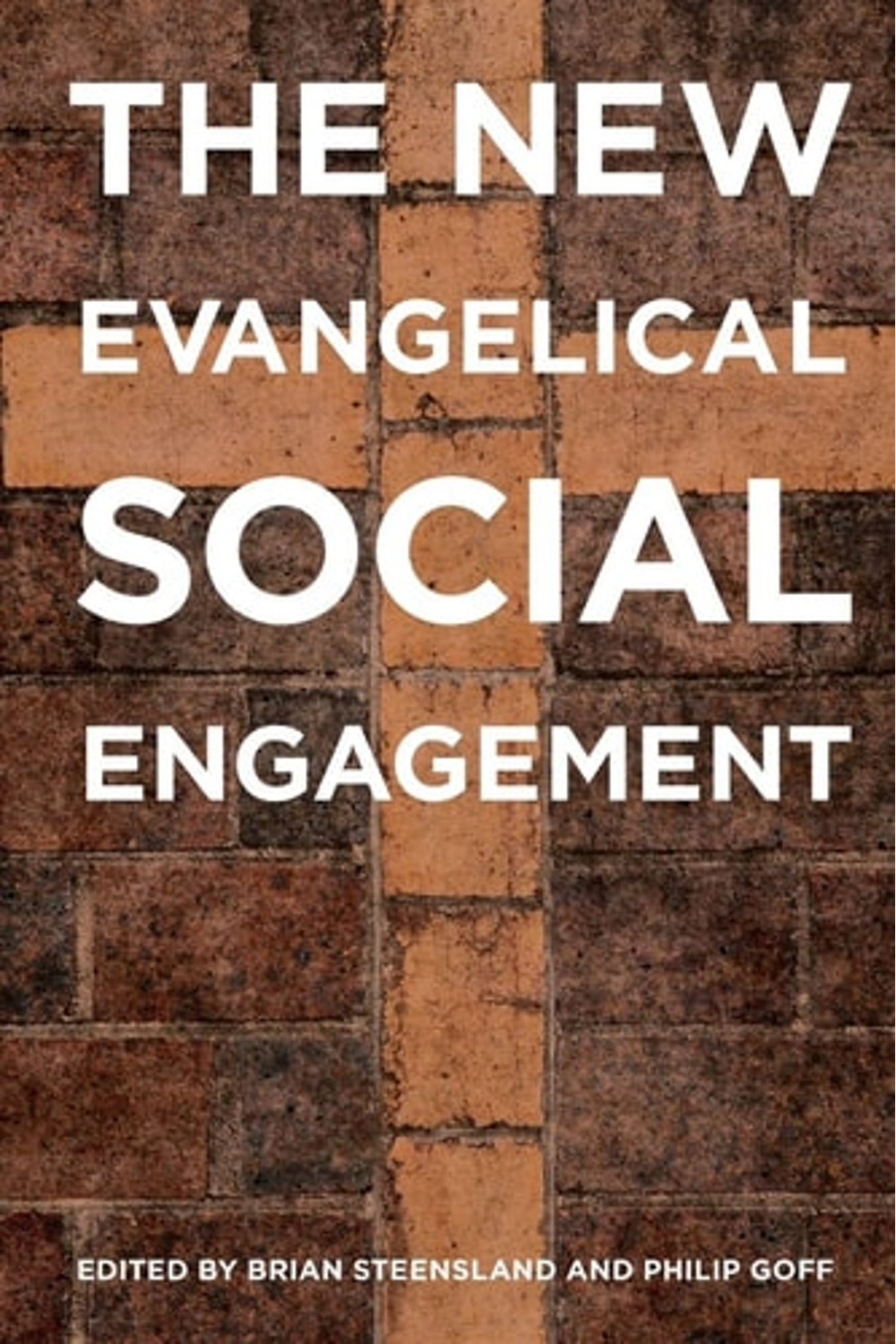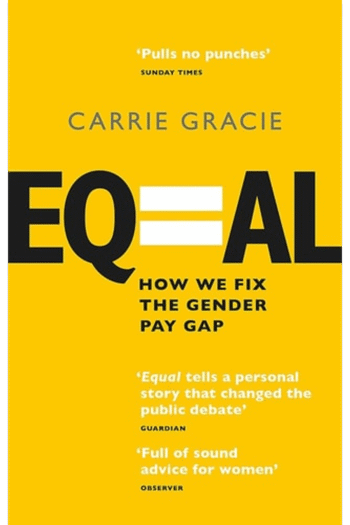Explore the dynamic shift within evangelical Christianity with “The New Evangelical Social Engagement.” This book, published by Oxford University Press, examines the growing focus on social justice issues beyond traditional conservative agendas. Discover how evangelicals are addressing concerns like environmentalism, human rights, and economic development, sparking debates about the very definition of “evangelicalism.” Perfect for students of religion, political science, and anyone seeking to understand the evolving role of faith in American society. Dive into insightful essays from interdisciplinary scholars, uncovering the historical roots and political implications of this significant movement.
The New Evangelical Social Engagement
26,01 $
In stock
In recent years evangelical Christians have been increasingly turning their attention toward issues such as the environment, international human rights, economic development, racial reconciliation, and urban renewal. Such engagement marks both a return to historic evangelical social action and a pronounced expansion of the social agenda advanced by the Religious Right in the past few decades. For outsiders to evangelical culture, this trend complicates simplistic stereotypes. For insiders, it brings contention over what “true” evangelicalism means today.
Beginning with an introduction that broadly outlines this “new evangelicalism,” the editors identify its key elements, trace its historical lineage, account for the recent changes taking place within evangelicalism, and highlight the implications of these changes for politics, civic engagement, and American religion. The essays that follow bring together an impressive interdisciplinary team of scholars to map this new religious terrain and spell out its significance in what is sure to become an essential text for understanding trends in contemporary evangelicalism.
| Binding | |
|---|---|
| Condition | |
| ISBN-10 | 0199329540 |
| ISBN-13 | 9780199329540 |
| Language | |
| Pages | 336 |
| Publisher | |
| Year published | |
| Weight | 446 |
| Edition | Illustrated |
Related products
Equal
32,85 $The Superwoman Syndrome
15,78 $
- Additional information
- Currencies
- USD – United States dollar
- EUR – Euro
- GBP – Pound sterling
- CNY – Chinese yuan
- BRL – Brazilian real
- MXN – Mexican peso
- JPY – Japanese yen
- PHP – Philippine peso
- THB – Thai baht
- PLN – Polish złoty
- CAD – Canadian dollar
- MYR – Malaysian ringgit
- AUD – Australian dollar
- TWD – New Taiwan dollar
- CZK – Czech koruna
- SEK – Swedish krona
- HUF – Hungarian forint
- ILS – Israeli new shekel
- CHF – Swiss franc
- HKD – Hong Kong dollar
- DKK – Danish krone
- SGD – Singapore dollar
- NOK – Norwegian krone
- NZD – New Zealand dollar





